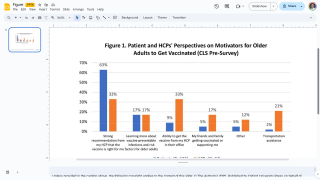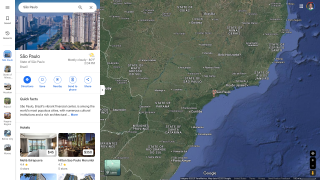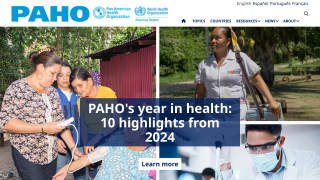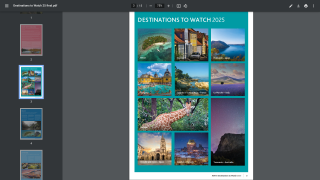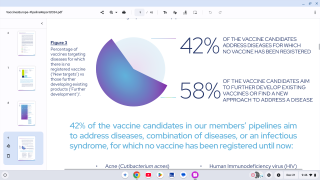Ahead of Winter Vacations, Central America Countries Under High-Level Travel Advisories
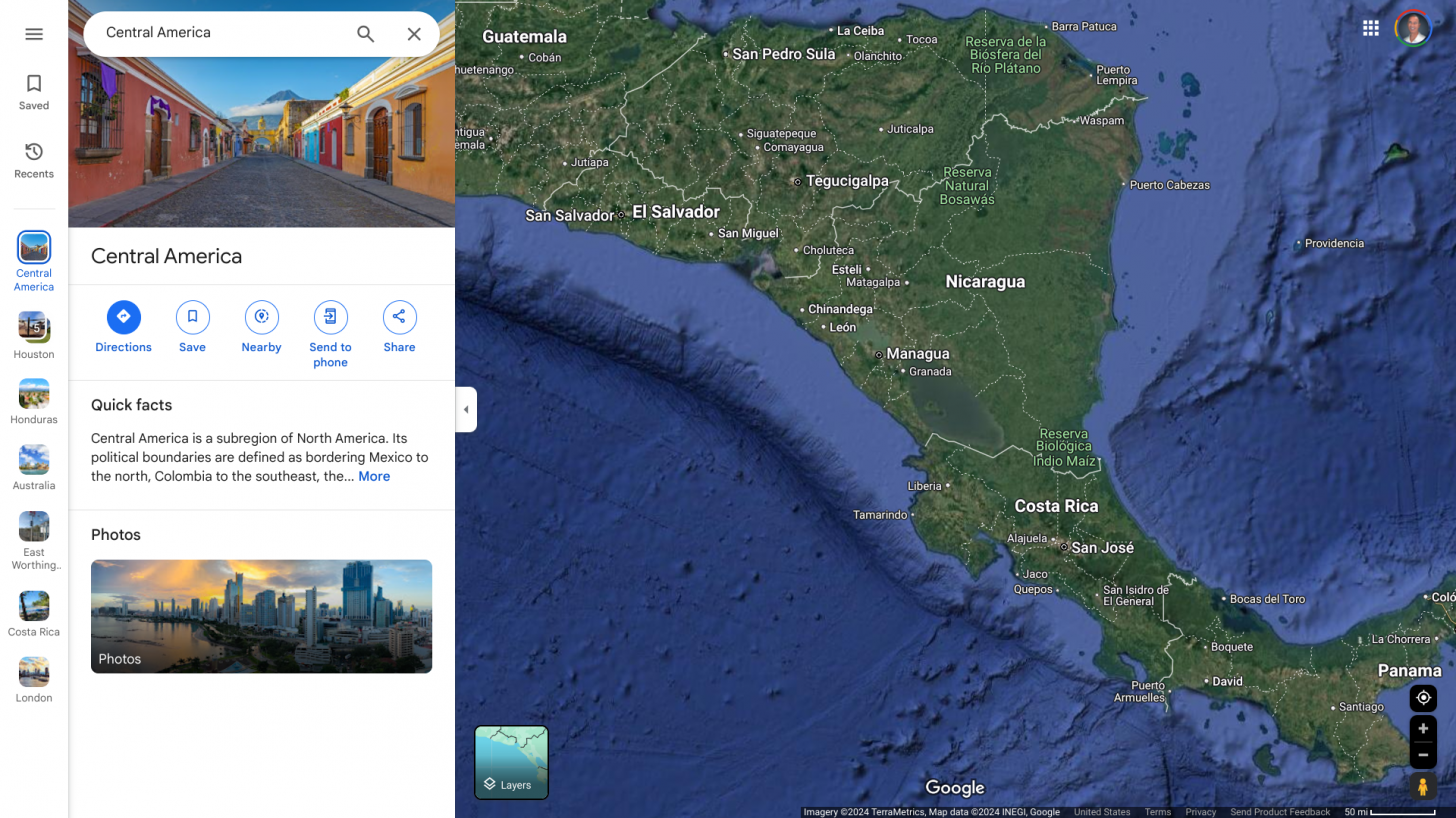
With winter vacations just a few weeks away, many international travelers are actively searching for safe and healthy destinations. Over the past few weeks, U.S. government agencies have updated Central American travel advisories, offering real-world insights on local health issues and safety risks.
For example, the U.S. Department of State recently updated its Nicaragua, Honduras, and Costa Rica advisories.
On December 13, 2024, the State Department issued a Level 3: Reconsider Travel for the Republic of Nicaragua, the third-most populous country in Central America. The Department has determined there is a risk of wrongful detention of U.S. nationals by the Government of Nicaragua.
Therefore, U.S. citizens should reconsider traveling to Nicaragua, including working for or volunteering with non-profits or religious organizations. If you travel to Nicaragua, consider arrangements to depart the country quickly.
When in the country, U.S. citizens can seek assistance at the U.S. Embassy in Managua, located at Km 5 ½ Carretera Sur.
Enrolling in the Department's Smart Traveler Enrollment Program would be best for receiving digital alerts, which can help locate you in an emergency.
From a health perspective, the capital city of Managua, with a population of over 1 million, has limited services. One private hospital is accredited by the Joint Commission on Accreditation of Healthcare Organizations, with few specialists available for acute emergencies.
Medical services outside Managua are underdeveloped. Tap water is not reliably potable, so it is recommended that people drink purified water.
The State Department has issued a Level 3: Reconsider Travel advisory for the Republic of Honduras and a Level 2 advisory for Costa Rica.
In the past few years, viruses transmitted by disease-carrying mosquitos have increasingly spread across the Region of the Americas, causing significant disease and fatalities in naïve populations.
During 2024, chikungunya, dengue, and zika diseases have been confirmed in people living and visiting Central America. Dengue cases and fatalities have set records this year.
Separately, the U.S. CDC recommends that visitors to these countries visit a healthcare provider at least a month before their trip to get necessary vaccines or medicines. Travelers should also ensure they have adequate travel health insurance.
As of December 16, 2024, only the U.S. FDA-approved chikungunya vaccine is available at travel clinics and pharmacies. While a dengue vaccine is in use in numerous countries, it is unavailable in the U.S., And the leading zika vaccine is conducting clinical trials.
Our Trust Standards: Medical Advisory Committee



